
We have been continuously discussing theory here. Let’s return to “practice” for a bit.
While Kohei Sasaki was alive, the “Sasaki Store,” a family-run business, did well, but after Kohei died from illness, it slowly declined, despite the best efforts of his widow Yoshie. The attitude of Mr. Nomura, the Sasaki Store’s vendor, towards the shop changed. The following is a passage from Toyoko Yamasaki’s(1) “Shiroi Kyoto (literally ‘The White Tower’).”
When her husband had been well and the shop thriving, Mr. Nomura had always entered with an almost abjectly low bow, and obsequiously called her “madam;” now he seemed aloof, carelessly calling her “ma’am” while looking around the under-stocked shop, a cigarette dangling from his mouth.
[YAMASAKI Toyoko, “Shiroi Kyoto” (4) 1969]
Wow! That’s harsh! Even if the situation was different from before, there are some things you just shouldn’t change. There are those who find merchants, especially merchants from Naniwa(2), disagreeable. However, a Naniwa merchant, named Omura, who unlike Nomura has some sensitivity, also appears in “Shiroi Kyoto.”
Adding to Yoshie Sasaki’s comments, Densuke looked sharply at Nomura, and said reproachfully:
“You’re pulling your stock earlier than any of the other vendors, and you make the most noise about getting paid, when you’re the one who’s owed the least. Since you always acted like such a yes-man when Kohei Sasaki was still alive, don’t you at least feel obligated to listen to what Mrs. Sasaki has to say? She has worked hard by herself to make it this far.”
[YAMASAKI Toyoko, “Shiroi Kyoto” (5) 1969]
That’s right! Tell him off some more, Mr. Omura! You’re so right.
However, even after being told off in this way, Nomura acts as if nothing has happened, and doesn’t seem to reply to Omura.
“Mr. Nomura, when my husband was alive you used to hover around the entrance to our shop, rubbing your hands together. Of all our vendors, I didn’t think you would stab us in the back like this. It’s just cruel of you do this, then to ask me to stamp this return order for you when we’re facing an inquest on my dead husband’s arrangements.”
Nomura replied unconcernedly: “Really? But if I don’t, I’d be in trouble if anything was stolen or went missing.”
Then he took a stamp pad out of his pocket and placed it in front of her.
[YAMASAKI Toyoko, “Shiroi Kyoto” (4) 1969]
I wonder why Nomura is so “unconcerned?” (To be continued)
* * *


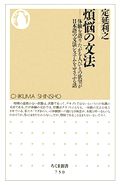
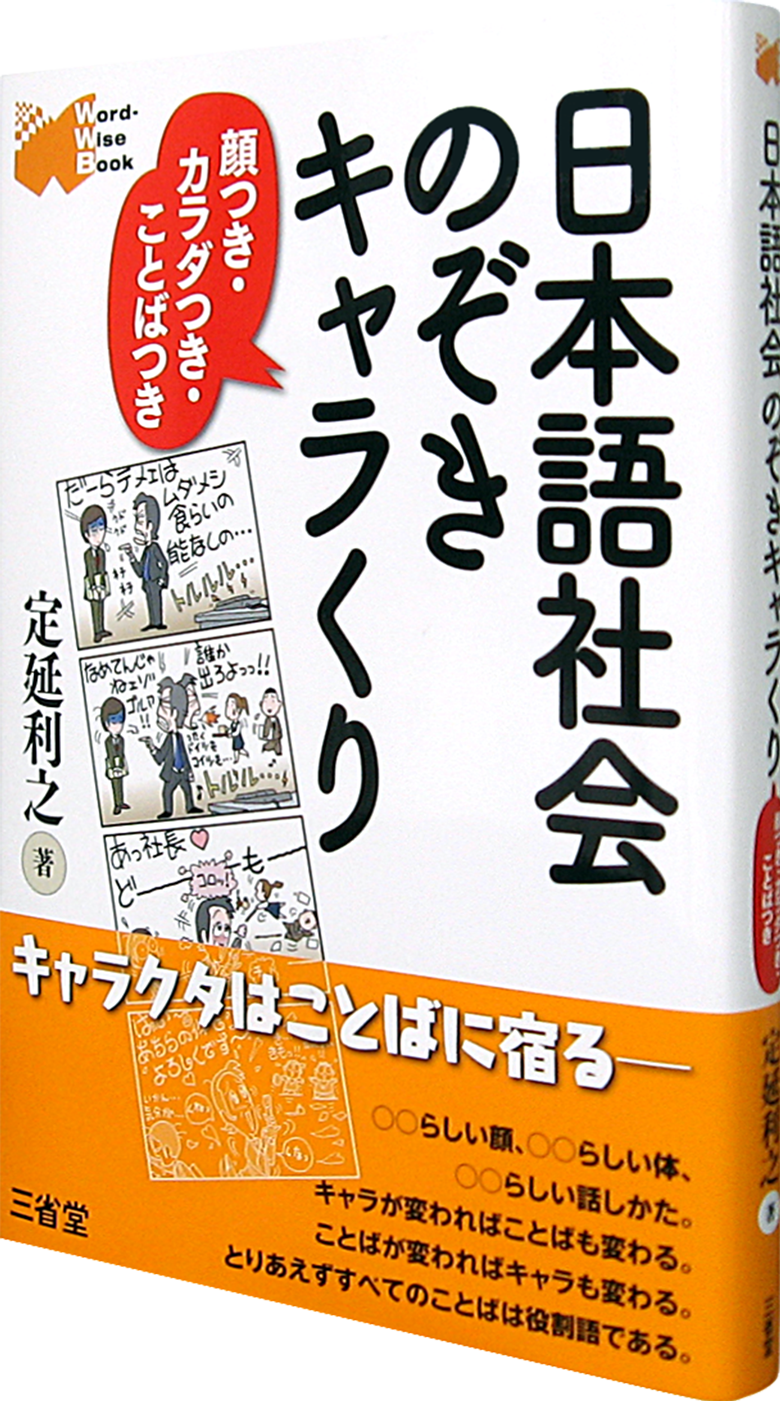
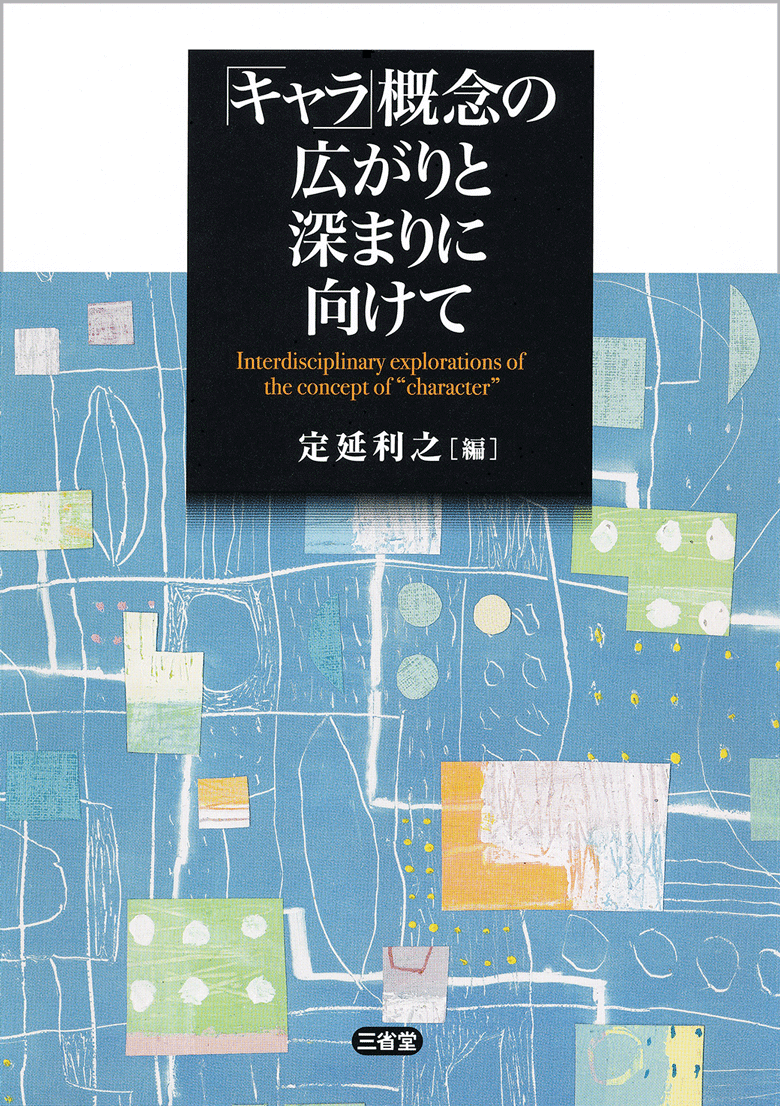
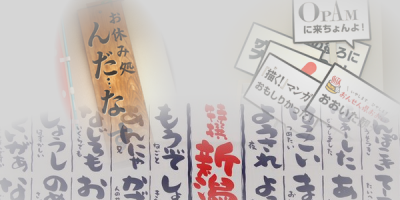


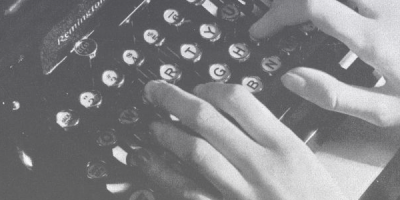
(1) 1924– Japanese novelist.
(2) Naniwa can refer to either the city of Osaka, or a district (Naniwa-ku) of Osaka. See part 5 of this series for more on Osaka salespeople.